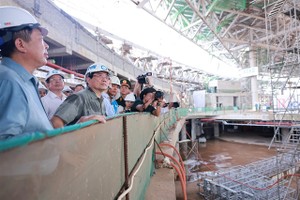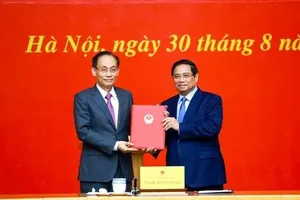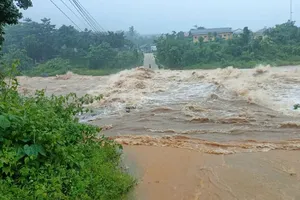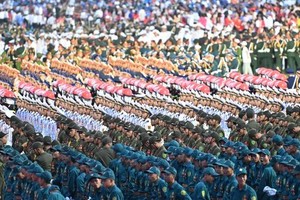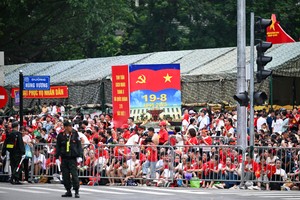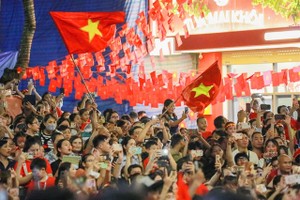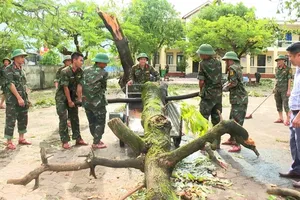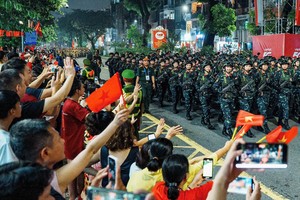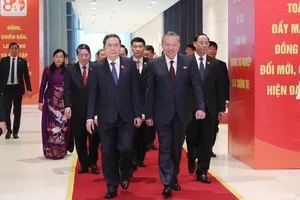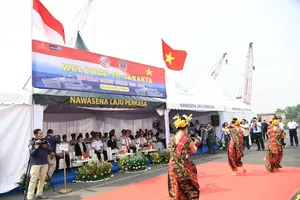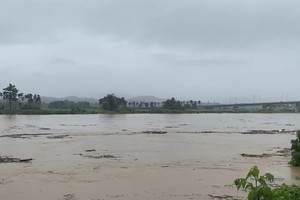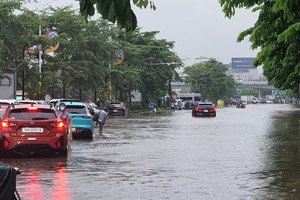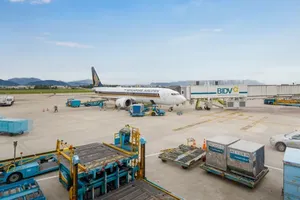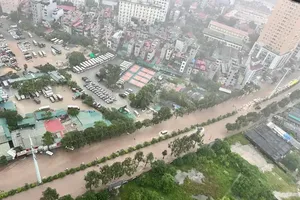Confronted with accusations from Global Witness Group that Hoang Anh Gia Lai Group (HAG) is involved in deforestation projects in Laos and Cambodia, HAG’s chairman Doan Nguyen Duc vehemently denied these charges at a press brief on May 17.
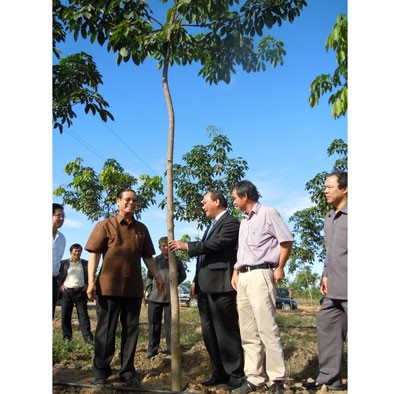
Answering a question that HAG had lent Lao US$15 million to organize SEA Games in 2009 by building 1,000 rooms for participants in nine months, and that remunerations for this were made by Laos in the form of timber, HAG’s chairman denied such a deal.
According to Forbes magazine, the Global Witness Group has accused HAG of misusing and exploiting land in Laos for HAG activities.
Duc said that all foreign enterprises should obey Lao and Cambodian laws. Laos is very strict as local officials assess land in the red book and then only recognize ownership, while another team of local officials check on investor credibility.
The Ministry of Forestry had checked whether the concerned plot was suitable for rubber planting. Lao government had taken all the wood from the land and asked a business to auction the logs. To this, HAG had refused to buy any of this wood.
HAG only received the land plots when they had already been cleared by a business which was hired by the local government. HAG now only has to give satisfactory compensation to residents who handed over their land plots for rubber planting.
Duc said that HAG had spent $30 million on building bridges, schools, houses, medical facilities and electricity for thousands of people.
Moreover, HAG offered employment to many Lao laborers when the company hired local people for planting rubber as the law just allows 10 percent of Vietnamese people for the project.
